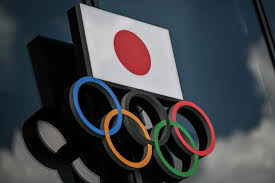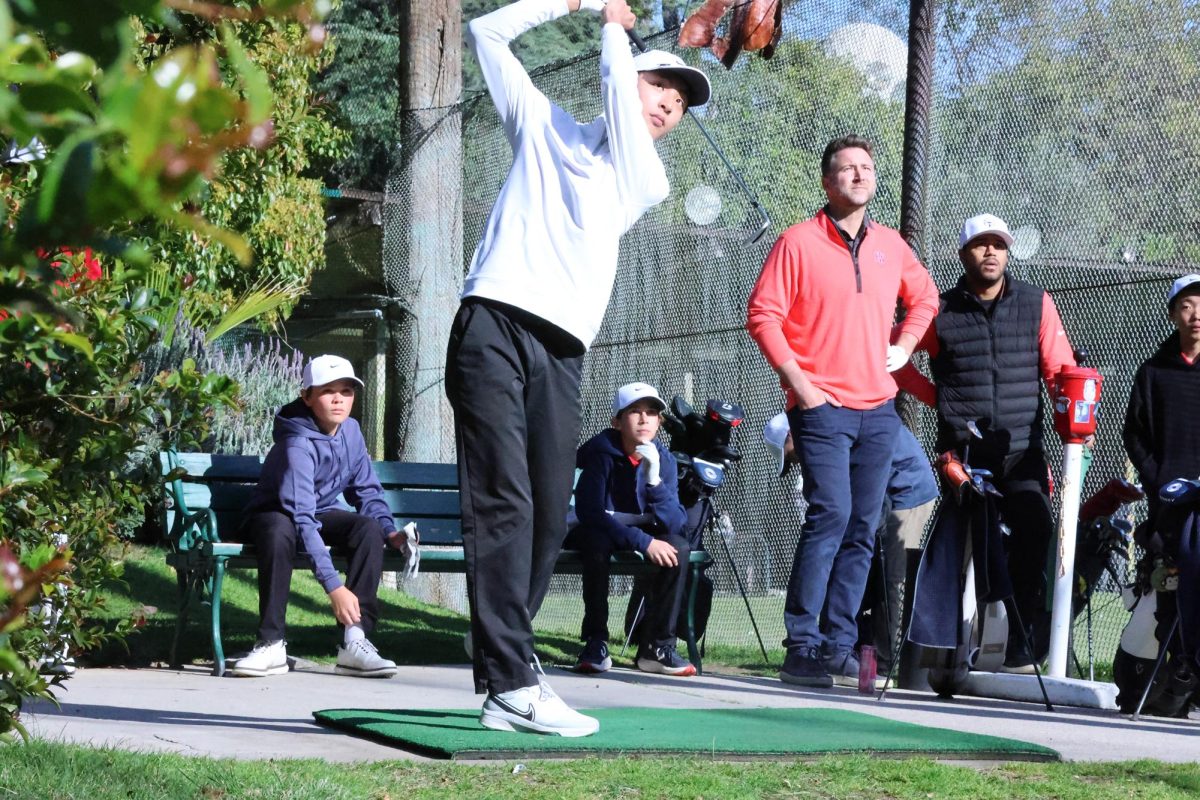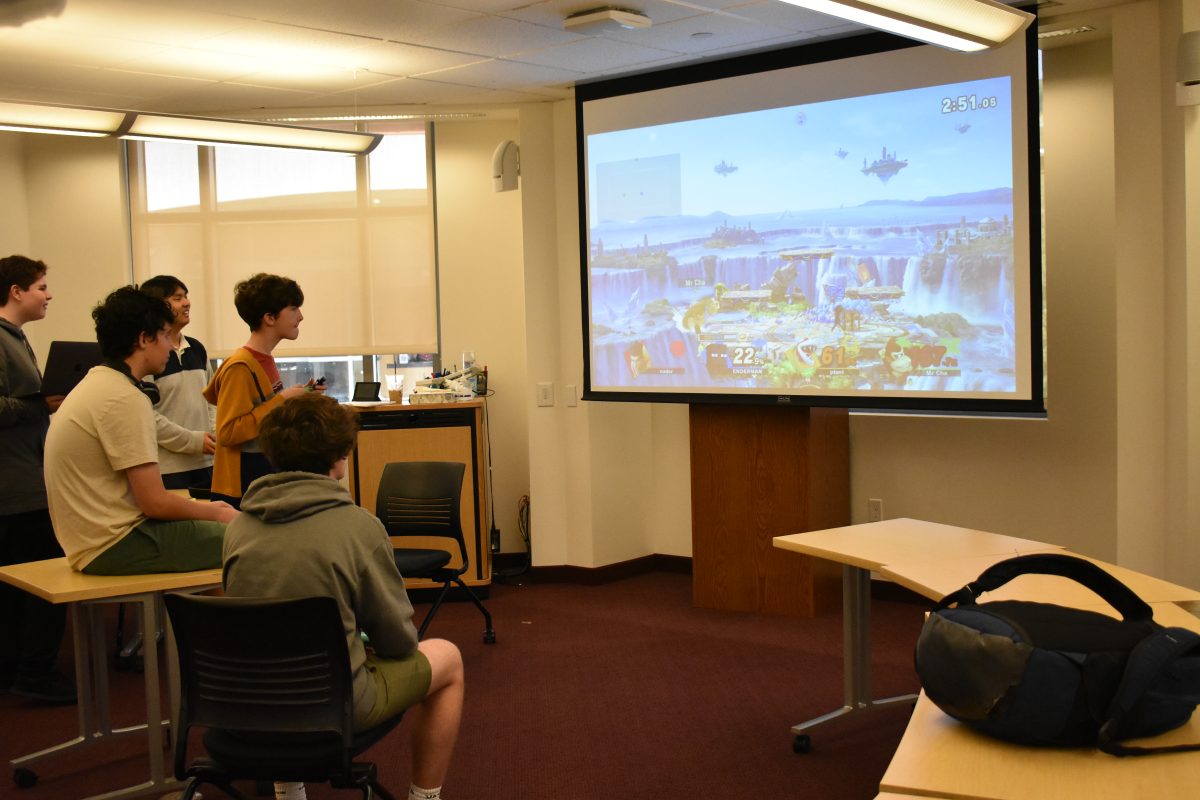For over 3,000 years, the Olympics have specialized in bringing thousands of people together. What started off as an event that united Ancient Greece nowadays brings billions of people together from around the globe, making it the greatest sporting competition on the Earth. While it can be said that our society needs to be united as one now more than ever before, what with all the coronavirus mayhem, the answer to whether this momentous event will occur still remains unclear.
Presently, Tokyo has no plans on canceling the 2021 Tokyo Olympics. “The Tokyo Olympics will not be cancelled,”Japanese Prime Minister Shinzo Abe said in an interview after a call with Thomas Bach, the International Olympic Committee President, in late March.
In fact, Tokyo Olympics officials are suggesting that the government relax immigration regulations to allow athletes to enter Tokyo before the planned games in 2021 and train during a 14-day quarantine period, according to ESPN. The CEO of the organizing committee, Toshiro Muro, said “We have to consider the uniqueness of the athletes and also their activities” when asked about the suggestion. The accuracy of testing in different countries, the inevitable dangers of public transportation once the athletes are in the city and the different stages that each country is in during the pandemic are all factors that are being considered in this important decision.
Currently, the games are scheduled to start July 23, 2021. A common question being asked is why the games can’t just be scheduled for 2022 or later when the worst of the pandemic is over. The simple answer to this question is that hosting the olympics is an enormous task for any country.
“First of all, you need to secure the availability of the Olympic Village, since that is at the heart of the Games,” says the International Olympic Committee (IOC) website. “The same applies to all the sports venues. Thousands of people will need to carry on working. All the partners, sponsors and regional and local governments need to pull together. Postponement will involve restrictions and compromises on the part of everyone involved.”
Strangely enough, this isn’t the first time the Tokyo Olympics have been drastically interfered with. Both the Summer and Winter Olympics were set to happen in Japan 1937, the summer event in Tokyo (like it was supposed to be in 2020) and the winter event in Sapporo. Sadly, Japan’s government said they couldn’t host these games after the country sparked war with China. The summer games were then to be held in Helsinki, Finland, while the winter games were to be held in Garmisch-Partenkirchen, Germany. These Olympics – scheduled for 1939 – were cancelled, however, after the Nazis invaded Poland. This was the second time the Olympics had been cancelled since the games’ rebirth in 1896.
In total, the events have only been cancelled three times. The 2020 Tokyo Olympics actually made history for being the first Olympic Games to ever be postponed since the games’ revival, according to the Los Angeles Times.
In 1916 the Olympics were set to happen in Berlin, but were cancelled due to World War I. “The city later hosted the 1936 Olympics after Adolf Hitler had risen to power,” Chuck Schilken said, a staff writer for the Los Angeles Times. “Those games would be the last for 12 years because of World War II.”
WWII also led to the cancellation of the Olympics in 1944. London was set to hold the Summer Olympics that year and Cortina d’Ampezzo, Italy the Winter Olympics. Both of these cities, along with Tokyo and Helinski, were able to get a second chance at hosting these groundbreaking events in the years to come.
In addition to the health considerations, it is expected that some athletes will take part in some form of protest at the 2021 Tokyo Olympics (should they occur) due to the call for racial justice happening all over the world. “Such displays are not presently allowed at the Olympics, but international conversations about possible changes are taking place due to the fraught times in which we are living, with the Black Lives Matter movement gaining traction during Donald Trump’s controversial and divisive presidency,” Christine Brennan said in USA Today.
Should the 2021 Tokyo Olympics happen, they are sure to be unlike any other games before. While these potential changes may be drastic, the games’ uniting message will always stay the same no matter how many changes are made. It’s also important to remember that whether or not the 2021 Olympics become a reality, there will always be more Olympics to come in the future.

















